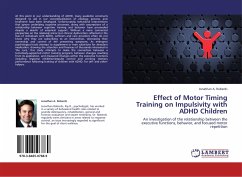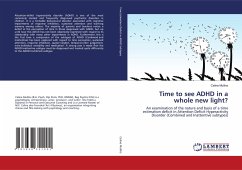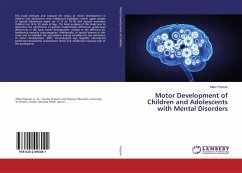At this point in our understanding of ADHD, many academic constructs designed to aid in our conceptualization of etiology, process, and treatment have been developed. Unfortunately, behavioral interventions that ignore underlying cognitive processes, along with assumptions of a relationship between cognitive training and behavior have proceeded despite a dearth of empirical support. Without a more connected perspective on the relatively minor but chronic dysfunction reflected in the lives of individuals with ADHD, sufferers and care providers often do not know why they are subscribing to an intervention, decreasing their ownership and control of the presenting symptoms. As emergent psychological tools attempt to supplement or even substitute for stimulant medication, drawing the attention and finances of thousands interested in 'the cure,' this study attempts to make the connection between a tentatively-supported motor training program, behavior changes resulting from its application, and measured changes within the executive functions including response inhibition/impulse control and working memory performance following training of children with ADHD. For self- and other-helpers.








